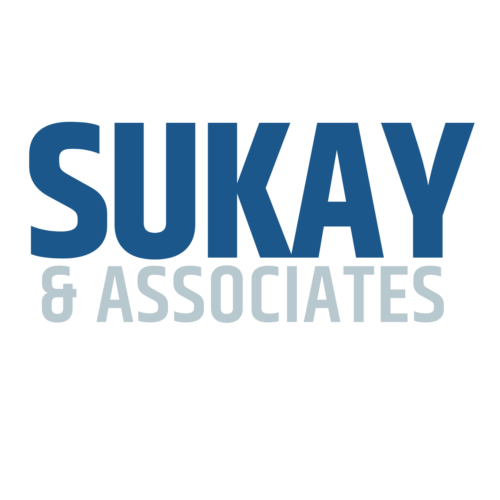Written by Tom Sukay – CEO, Sukay & Associates
 Sukay & Associates, Inc. is heavily involved in the due diligence process for our clients. The process is identical whether we represent the seller or the buyer. The purpose of this blog is not to give you an outline of typical due diligence information requests. Just the listing would take far too much time than is allotted in an average blog. If we described the purpose of each request, we would be writing blogs well into 2107. We wanted to address a common reaction we receive when a seller first receives the due diligence listing.
Sukay & Associates, Inc. is heavily involved in the due diligence process for our clients. The process is identical whether we represent the seller or the buyer. The purpose of this blog is not to give you an outline of typical due diligence information requests. Just the listing would take far too much time than is allotted in an average blog. If we described the purpose of each request, we would be writing blogs well into 2107. We wanted to address a common reaction we receive when a seller first receives the due diligence listing.
The response is very often, “Why is all of this information necessary? The buyer knows me and knows that I run a clean shop.” We receive this reaction mostly from smaller agencies. I’m reminded of a famous Ronald Reagan quote regarding the Russians. President Reagan famously stated, “Trust but verify.” This is simply the purpose of due diligence. In order to submit a proposal, the buyer was provided with financial information, a breakdown of their book of business, staffing and payroll information and operational data. The buyer relied on that information to submit the proposal. The buyer placed a great deal of trust in the seller, but writing a large check requires a high level of verification.
Let’s assume that you are buying a home. Would the bank give a loan without an appraisal? Would you buy the home without an inspection if you knew and trusted the seller? The answer is no. In this situation, the inspection benefits both parties. The buyer wants to know if there are any material mechanical defects. The seller doesn’t want to sell something to a friend if there is a leaking roof or a broken heater. In fact, the inspection helps identify and resolve these issues before the sale. That situation is much better than the buyer bringing legal action against the seller because the defects were not disclosed.
Due Diligence is no different. Simple items can be overlooked. There might have been a multi-year policy that overstated the pro forma income. The agency might have lost an account earlier in the year. Due diligence is meant to identify these issues prior to Closing.
In most cases, there are no issues uncovered during the due diligence process and the parties proceed to closing. In those situations where something is uncovered, the parties address the issue by altering the purchase price or adding language to the Purchase Agreement.
Our biggest frustration is when a seller doesn’t take the due diligence process seriously. They fail to recognize the amount of effort required to complete the task. They miss deadlines or the information is incomplete. Here are some simple solutions: This isn’t something you do in your spare time or something you do alone. Devote a weekend(s) and get some help. Organize the information in a way that makes and is easy for the buyer to review.
Embrace the effort. Use it as an example of how well you run your agency. There is nothing more satisfying than knowing that you have demonstrated to the buyer that you really do run a clean shop.
What is my agency worth?
As financial advisors who represent insurance brokers in business transactions, we are commonly asked one question “How much is my agency worth?” It is the one topic that each and every agency owner wants to discuss. It would be nice if we had one simple answer; unfortunately there is no simple answer.
Click here to receive our free whitepaper that details the “9 Factors That Indicate Value”,
